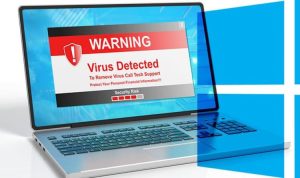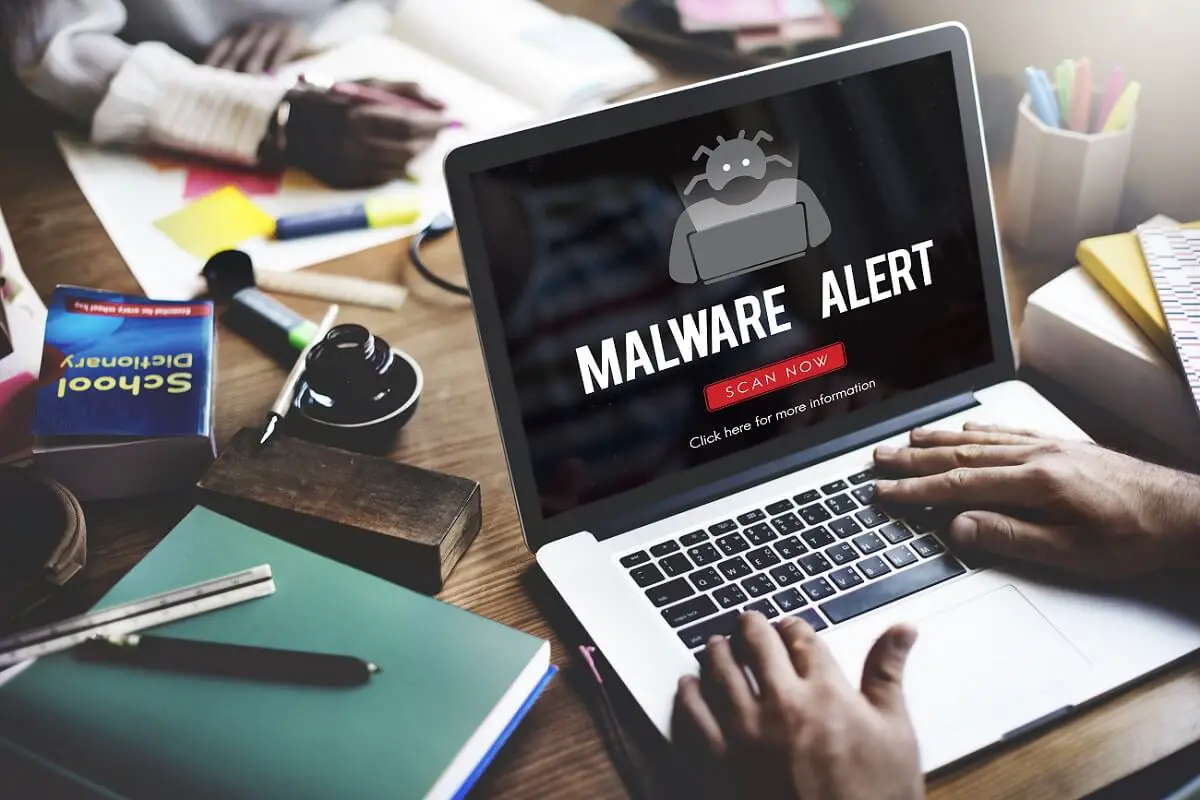Computers are a fantastic piece of technology that many of us utilize daily. However, they are prone to viruses and malware that could destroy our files and steal our personal information.
Even when you do not use your PC to access the internet, protecting your laptop or PC from viruses is still necessary. This is because USB cords can transport infections from one system to another.
It’s important to remember that having a safe and secure computer doesn’t require you to spend a lot of money or money.
Read Also: How to upgrade your laptop or PC components for improved performance
How to protect your laptop or pc from viruses and malware

Here are eight ways to prevent Viruses on your laptop and PC;
1. Set up antivirus programs
Antivirus software comes in a wide variety, with prices increasing as protection levels do.
Installing the best antivirus is a challenging operation, and there are occasions when downloading more than one antivirus may be safer.
This is because different antivirus software covers other areas. Antivirus is crucial When trying to keep your computer safe and virus-free.
2. Maintain Software Updates
Every computer operating system gets regular upgrades that improve specific aspects. These upgrades also include security features that protect our PCs against the most recent hacker-created viruses and malware.
Update notifications or automated download and installation settings must be enabled.
Be forewarned that some installations may take some time, particularly if significant modifications or security measures alter how the system manages different data types.
Also Read: How to speed up your slow PC or laptop
3. Create a Computer Backup
When a virus or malware is challenging to remove from our systems, we could have to give up some of our data.
Occasionally, file corruption from malicious programs may need us to reformat our hard drives. There is only a backup to restore any lost data.
This is more important because hard drives can unintentionally malfunction and lead to losing files.
However, a backup that includes the virus and harmful code would cause us to encounter the same problems repeatedly until we stop backing up the infection.
External hard drives, web storage, and cloud storage are the three primary methods for storing your backup.
Free cloud storage for a constrained space is available on websites like Google Drive.
4. Set a secure password
The first line of security against anyone attempting to gain unauthorized access to our accounts is a password.
Once someone can access an account, they can steal data or upload malicious content to cloud storage that could later update the machine automatically.
Strong passwords are complicated and comprise a mixture of letters, numbers, and symbols. They should not include banking information and social security numbers.
“Password,” “123456,” and “12345678” are the most popular passwords that are simple to guess. It is also essential to use various passwords across multiple websites or apps.
Even if only one account is hacked, we become vulnerable to attacks using the same login information across multiple websites or apps.
5. Check out the Downloads
To prevent any harmful code from accessing our system if we use an old browser like Internet Explorer, we must make sure that the security setting is at least medium, if not higher.
If not, downloads could happen in the background without informing us.
If a download we didn’t allow begins, we should stop it immediately and leave the website because it’s probably loading.
Read Also: How to choose the right laptop or PC for video editing in 2023
6. Apply an ad blocker
Online pop-up ads frequently point to dubious websites that steal our data and infect computers with viruses and malware.
Trying to avoid them is frequently easier said than done unless we download and apply an effective ad blocker that prevents us from seeing them all at once.
Both free and various paid ad blockers are simple to locate. The price will determine how well it will work.
We should use caution even if the website looks legit when using the internet. When it comes to portraying dubious content, some websites can be cunning.
Even if an active ad-blocker is enabled, we must be cautious when browsing the web because many sites won’t let us access it until the extension or app is turned off.
7. Regularly run a virus scan
Spyware or viruses could still be downloaded and installed even with the best ad-blocker and antivirus software.
As a result, we must perform a virus scan at least once per week to stop or lessen the harm caused by dangerous programs.
We can execute this before our backup to ensure we don’t have any malicious files.
Also Read: 8 Ways to troubleshoot common laptop or PC issues
8. Steer clear of dubious links
Links can be risky, especially if they come from an unreliable source.
A common trick still employed today is sending phishing emails with links to dangerous websites that could steal our data or spread malware.
We may avoid many possible dangers by being cautious about the links we visit. It’s not so difficult to keep a computer virus-free.
We should be safe if we use caution and apply all necessary security measures. Also, pay attention to any warning indications of malware or viruses when browsing.
Now aside protecting your laptops from viruses and malware, you may want to learn about The need for better cybersecurity measures in the age of technology. This is a bonus for you, so enjoy!

